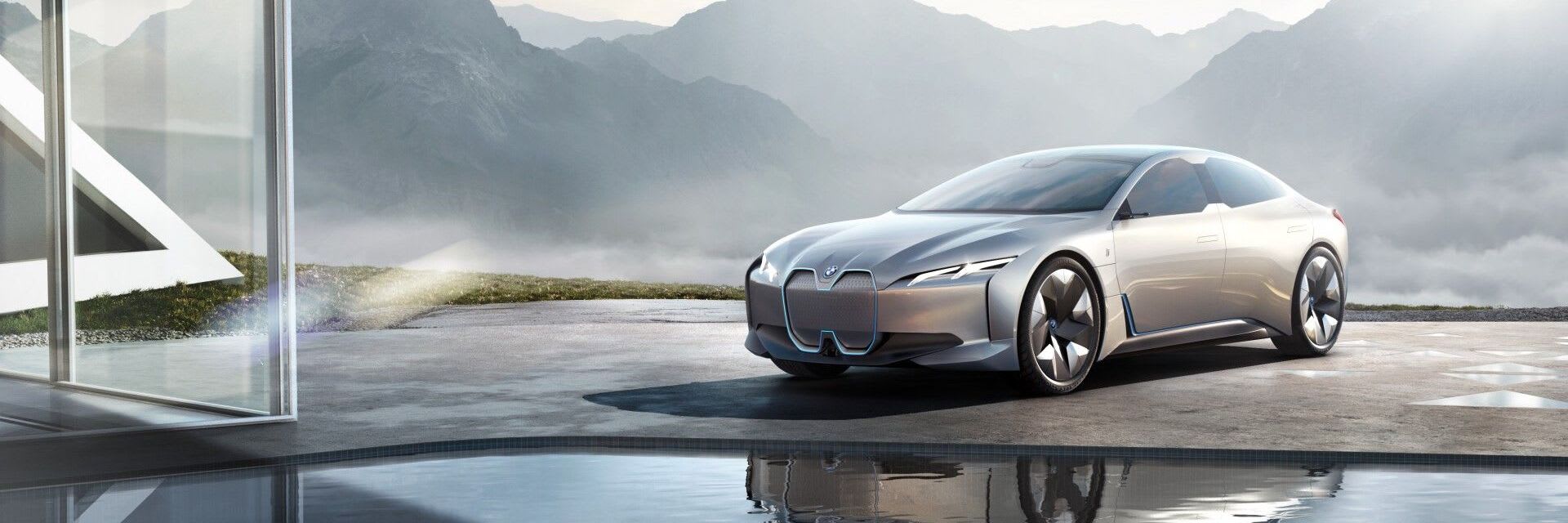India's EV Gambit: Tailoring Tariffs to Lure Tesla and Accelerate Electrification
The electric vehicle (EV) industry is on the cusp of a global transformation, and India is eager to stake its claim as a major player. To facilitate this, the Indian government has recently implemented a tailored tariff structure specifically designed to entice American electric carmaker Tesla to establish a manufacturing presence in the country. This strategic move is part of India's broader goal to accelerate the adoption of EVs and reduce its reliance on fossil fuels.

Tesla's India Entry: A Game-Changer
Tesla's potential entry into the Indian market is seen as a game-changer for the country's EV sector. The American company's cutting-edge technology, premium brand image, and vast global experience could significantly boost India's EV ecosystem. Moreover, Tesla's entry would elevate the overall perception of EVs in India, making them more desirable among consumers.

Tariff Tailoring: Addressing Key Obstacles
Recognizing the challenges Tesla may face in setting up a manufacturing operation in India, the government has tailored the import tariffs on electric vehicles. Previously, India imposed a 100% import duty on fully built-up electric cars and 60% on semi-knocked-down (SKD) kits, which require some local assembly.
However, under the new tariff structure, the import duty on fully built-up electric cars has been reduced to 40%. This reduction is significant, as it effectively halves the cost of importing Tesla vehicles into India. Additionally, the government has decided to impose a 25% duty on SKD kits, making it more economical for Tesla to import components and assemble its vehicles locally.
Strategic Alignment with India's EV Goals

India's EV tariff tailoring is closely aligned with its long-term electrification goals. The country has set an ambitious target of achieving 30% EV adoption by 2030. To meet this target, India needs to rapidly increase EV production and penetration. Tesla's presence in the market will not only accelerate EV manufacturing but also drive innovation and market expansion.
Benefits Beyond Tesla
While the tariff tailoring is intended to attract Tesla, it will also benefit other EV manufacturers. The reduced import duty on fully built-up electric cars will make EVs more affordable for Indian consumers, thus boosting overall demand. In addition, the lower tariffs on SKD kits will encourage other automakers to consider local assembly, creating jobs and fostering a robust EV ecosystem in India.
Challenges and Opportunities
Despite the government's efforts to attract Tesla, certain challenges remain. India's charging infrastructure is still relatively limited, particularly in rural areas. Additionally, the high cost of lithium-ion batteries used in EVs remains a barrier to mass adoption. However, the government's commitment to developing charging infrastructure and promoting battery manufacturing provides a long-term solution to these issues.
India's tailored EV tariff strategy is a bold and strategic move that signals its unwavering commitment to the electrification of its transportation sector. By reducing import duties on Tesla vehicles, India aims to attract the American automaker and accelerate the growth of its EV ecosystem. While challenges remain, the long-term benefits of Tesla's entry and the government's broader EV policies are undeniable. India is poised to emerge as a major player in the global EV market, and Tesla's presence will undoubtedly catalyze this transformation.
